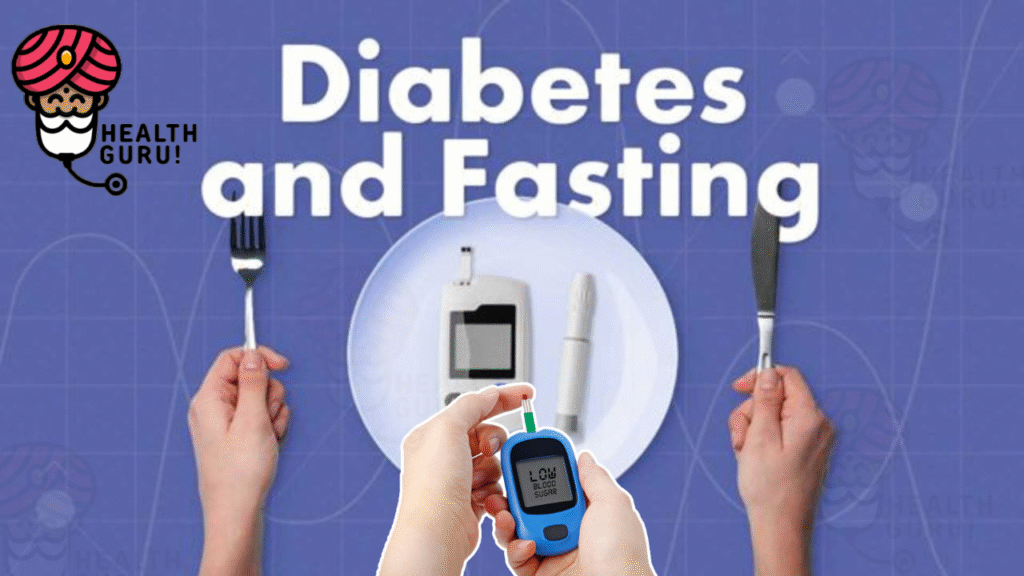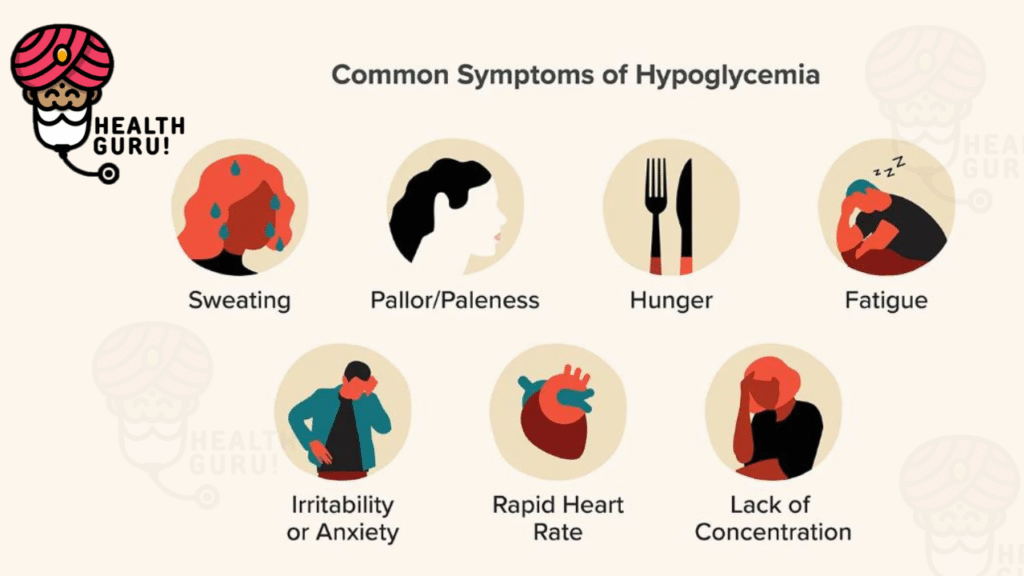Diabetic patients can fast, and for them, fasting is not such a bad thing.

But some things are very important to keep in mind about this matter
If your sugar is not under control, then in this case, fasting can prove to be dangerous for you, or you fall into the high-risk category. People in the high-risk category are those whose blood sugar often goes below 70 milligrams, which is called Hypoglycemia, so such people are at high risk.
Or those whose sugar level goes above 300 milligrams, the damage in this case is that the patient starts to experience dehydration.
Or Those people or patients who use a lot of medicines to control diabetes are also at high risk.
There are some such medicines for diabetes patients that do not cause Hypoglycemia, meaning they do not lower the sugar level, but such medicines are very few; most of those have the main purpose of lowering the sugar level, because of which you may get Hypoglycemia.
What is Hypoglycemia? How you feel in Hypoglycemia
When you get hypoglycemia, meaning your sugar level is low, then your eyes start darkening, which is called dizziness, and besides that, you start sweating; it feels like you are falling, and you feel weakness in your body.
These are all the signs of hypoglycemia.
Better is in this condition, if you have maintained your fast, then breaking it is fine, because it can lead to death for you.

Sugar Level Low or High / Which One Is More Dangerous?
A low sugar level is more dangerous than a high sugar level.
Safety Tips for Diabetes Patient:
It is better that before keeping a fasting, you should definitely discuss with a doctor who is a Diabetes Specialist, who will guide your medicines properly and it may be necessary to reduce the quantity of medicine. If you are a Diabetes Patient and use Insulin, then the Insulin dose might also have to be reduced/changed.
Suggestion:
This is a very complicated disease, so it’s better that you discuss it with your Diabetes Specialists rather than just a simple Medical Doctor because adjusting the medicine dose is not easy; only Diabetes Specialists can do it.
What can we Eat In Sahor and Aftar?
Well, this can also be guided well by a Dietitian as to what you can eat and what you cannot; you should have a Diet Plan.
But overall, you should eat Complex Carbohydrates that have more Fiber. The reason for this is that, firstly, due to the Fiber, you will not feel hungry for a longer time, and secondly, the Glucose Levels will not rise quickly, and the sugar level will not increase.
Protein should also be more in your diet, especially in Sehri, because Protein does not increase the sugar level, and it gives you good energy.
Yogurt is also a very good diet. With yogurt, firstly, thirst feels less, and it also reduces stomach acidity, so yogurt is a good option.
“He who has health, has hope; and he who has hope, has everything.”



Pingback: Questions we must always ask to medical doctors - Health Guru